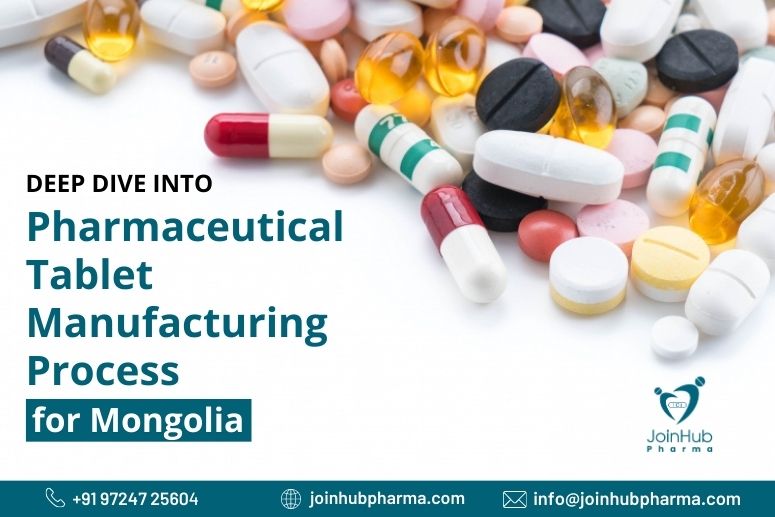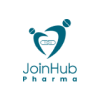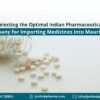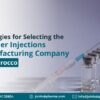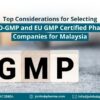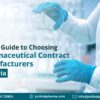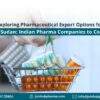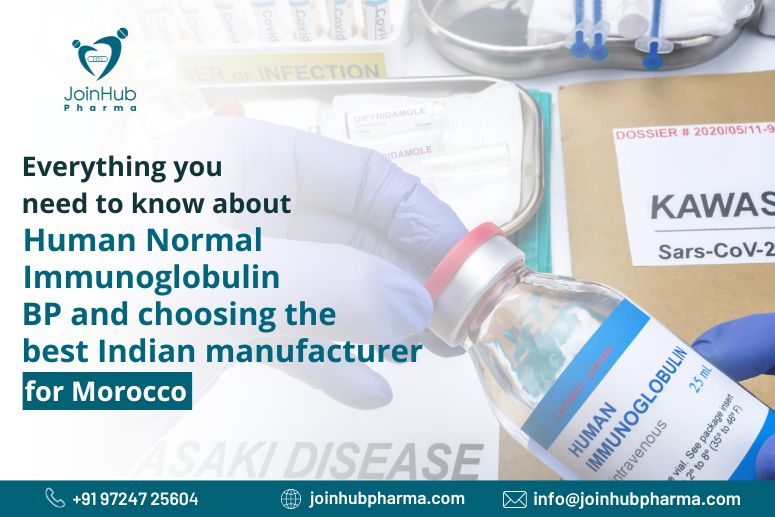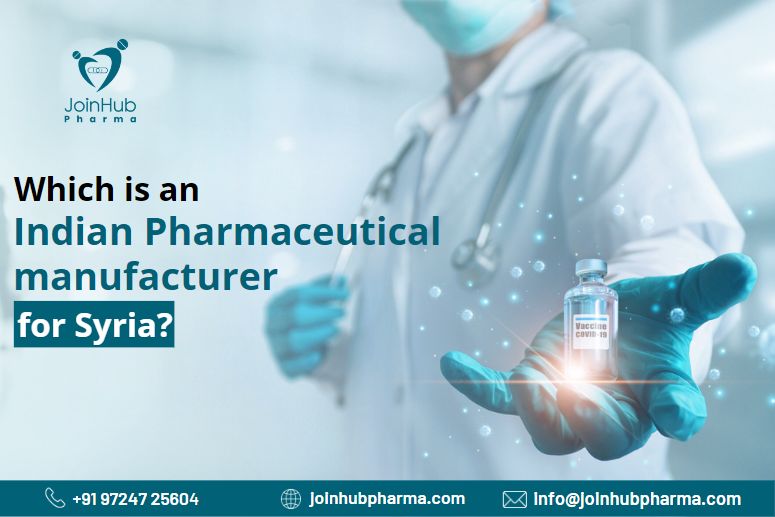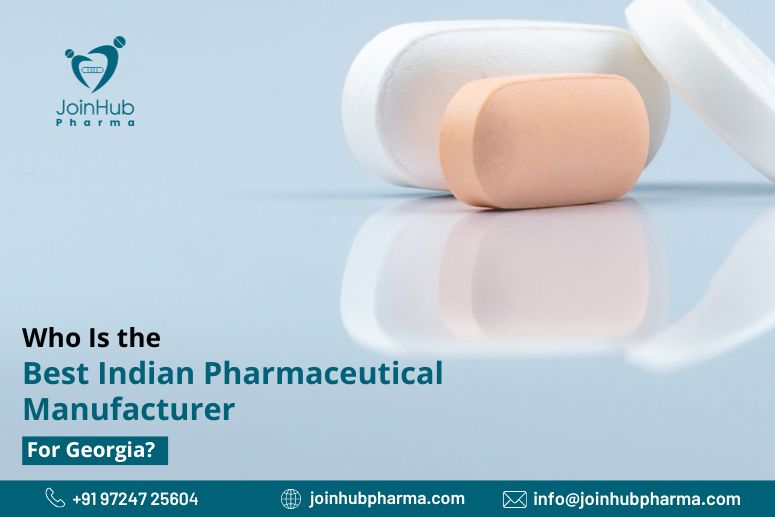Pharmaceutical products encompass all consumable and non-consumable materials that aid in the prevention and treatment of various health diseases and the maintenance of health and well-being. Medicines account for the majority of pharmaceutical products for Mongolia. Tablets, capsules, syrups, drops, dry syrups and powders, injectables, creams, lotions, ointments, sprays, oils, and drips are only a few examples.
Each medication is designed and made under strict guidelines and regulated conditions.The design and manufacturing of pharmaceutical tablets is a challenging and multi-stage process in which formulation scientists ensure that the right amount of drug substance in the right form is delivered at the right time, at an affordable rate, and in the right location, with its chemical integrity preserved to that point.
Most pharmacological compounds lack the necessary characteristics to provide adequate flow from the hopper to the die chamber of tablet presses. Thus, they are pre-treated, either alone or in conjunction with acceptable excipients, to generate free-flowing granules suited for tableting.
In this article, we will discuss the different stages of manufacturing pharma tablets and how leading pharma tablet manufacturers abide by the rules.
Tablet Manufacturing Process Goals
Several objectives should be achieved during the tablet production process:
- Create tablets that are sturdy and rigid enough to withstand mechanical impact during manufacturing, packing, shipping, and dispensing;
- Create tablets with consistent weight and drug content, and
- Produce bioavailable products in accordance with indication criteria.
- Develop chemically and physically stable tablets that last for long periods;
- Create pharma products that are defect-free and have an exquisite finish
Factors that influence the choice of the manufacturing process used during tablet formulation
Generally, the formulation technique used during tablet manufacturing is determined by parameters such as,
- The compression characteristics of the Active Pharmaceutical Ingredient (API)/drug component.
- API physical and chemical stability during the production process
- Formulation of component particle size
- The availability of the required processing equipment.
- Manufacturing/formulation process costs.
Personnel requirements during the manufacture of pharmaceutical tablets
- Production pharmacists/ supervisors
- Manufacturing chemist
- Analytical chemist
- Quality assurance manager
- Machine operators
- Mechanics
Evaluation of raw materials used in the manufacture of tablets
One of the primary responsibilities of the quality control unit in any medication manufacturing sector is the quality control of tablet raw materials (APIs and excipients).
Raw materials in relevant Pharmacopoeia monographs must pass the tests specified in the monograph. Identification testing on individual packages/containers and content and purity assessment in mixed samples are frequently adequate.
Every producer has the option to do additional testing if they believe it is required to ensure a smooth manufacturing process or a high-quality product. Starting materials are only released if their quality has been established or is deemed sufficient. Raw materials that failed in the quality control test are returned to the source.
Any dangers posed by low-quality beginning materials must be avoided in order to prevent product failure and maintain a consistent level of quality and safety in consumer and industrial products.
Steps for Manufacturing Tablets Procedure
- Dispensing
- Each ingredient in the tablet composition is precisely weighed and distributed as directed. This is a vital phase in any formulation process and should be carried out under technical supervision.
- Sizing
- Formulation ingredients must be finely separated; otherwise, size reduction is required for improved flow properties and simple mixing.
- Powder blending
- Powders are blended together with an appropriate blender to produce a consistent and homogenous powder mix. In geometric dilution, the medicinal ingredient and excipients are merged.
- Granulation
- Here, tiny powder particles are grouped into layers and permanent aggregates to make them free-flowing.
- Drying and dry screening
- Screened wet granules must be dried for a certain time period in a tray dry or fluid bed drier at a regulated temperature of no more than 550 degrees Celsius. Dried granules are filtered via a mesh screen with a suitable mesh size.
- Tablet compression
- Using a tablet press, granules are compressed into flat or convex, round, oblong, or unique shaped, scored, or unscored tablets that are imprinted with an identifying symbol and/or code number.
- Coating
- Tablets and granules are coated when it is necessary to hide the disagreeable taste/odour of a drug substance or to improve the visual appeal of uncoated tablets and modify or control the release of a drug substance from tablets. Coating solutions are used to enclose or cover the core tablet or granules. Some steps are skipped depending on the manufacturing process used during tablet formulation.
Advantages and disadvantages of various tablet manufacturing methods
Tablets are typically produced using one of three processes: wet granulation, dry granulation, or direct compression.
These processing technologies include weighing, milling, mixing, granulation, drying, compaction, coating, and packing. Weighing, grinding, and all three production processes share mixing, but the succeeding unit stages vary. All of these production techniques have benefits and drawbacks. And manufacturers employ them according to their convenience and requirement.
The benefits and drawbacks of the three tablet production techniques –
Dry Granulation Process
Granules are made without the need for any liquid solution, as the name implies. This method is used when the granular materials are susceptible to moisture or heat. This method is used to prepare aspirin and various aspirin combinations for tableting.
- Roller compaction and slugging both require typical grades of excipients.
- No heat or solvent is required
- No changes in drug morphology are observed
- Disadvantages
- Specialized equipment is required
- Powder flow issues
- Tablets produced are softer than wet granulation, making further processing processes harder
- Reduced tablet output owing to significant dust formation
- Component segregation may occur during post mixing
Wet Granulation
It is the most often used method for producing tablets. Because water is commonly utilized as the granulation fluid (and heat is used to dry the produced granules), the medicinal agent must be chemically stable during the granulation process. Wet granulation has adequate mechanical qualities to be subjected to other unit processes, such as film coating.
The kind and concentration of binder, as well as the type and volume of granulation fluid, directly impact tablet quality. For instance, consider direct compression. The production of tablets by wet granulation is less efficient than other methods due to the number of unit operations required.
Advantages
- Uses a low concentration of the therapeutic drug;
- Minimizes intra- and inter-batch variability due to less segregation of additives during storage and processing, and
- Is not reliant on the presence of particular grades of excipients.
- Tablets react to post-processing unit actions.
Disadvantages
- Includes many processing stages
- Use of different solvents may result in drug degradation
- Increases granule hardness
- Heat application may destroy thermolabile therapeutic agents.
Direct Compression Process
When a powder combination of API and acceptable excipients is compressed straight from a powder mixture without any pre-treatment, the procedure is known as direct compression. This is a dry procedure in which the powdered tablet formulation is crushed straight into the tablets without any physical modification to the earlier.
Advantages
- Cost-effective owing to fewer processes
- Does not require any solvents, hence eliminating the risk of unstabilized therapeutic agents
- Reduces transfer losses and contamination risks because lubrication and powder mixing is performed on the same vessel
Disadvantages
- Excipients of special grades are required.
- The quality and consistency of the tablet are dependent on the excipients.
- The tablets produced are softer than wet granulation, making further processing processes more challenging.
- The approach is avoided when a colorant is required, as the final dosage form appears mottled.
JoinHub Pharma – Trusted and reliable Pharma Tablet Manufacture, Supplier, and Exporter for Mongolia
If you are looking for a reputable and trustworthy Pharmaceutical Tablets Manufacturing Company for Mongolia, then JoinHub Pharma is the place to be.
JoinHub Pharma is a top tablet third-party manufacturing company for Mongolia. An ISO Certified Indian Third-Party Pharmaceutical Company that follows WHO and GMP Guidelines has a Reputable Name in Tablet Third-Party Manufacturing.
We manufacture pharmaceutical tablets for segments including antibiotics, anti-infectives, antiemetics, anti-allergic, local anesthetic, analgesics, anti-inflammatory, etc., as the Best Pharmaceutical Tablets Manufacturer for Mongolia. We also manufacture pharma tablets intending to be consistent in drug content and weight, chemically and physically stable, and defect-free. In addition, it employs cutting-edge packaging technology. A diverse range of more recent and venerable science is available.
Many businesses pick us because of our best quality assurance tablets. We are linked with many reputed and registered brands for Mongolia.
If you wish to work with us for the Best Pharma Tablets Manufacturing for Mongolia, we will gladly help you and do our best in every way.
Feel free to call us or send us an email at [email protected]

